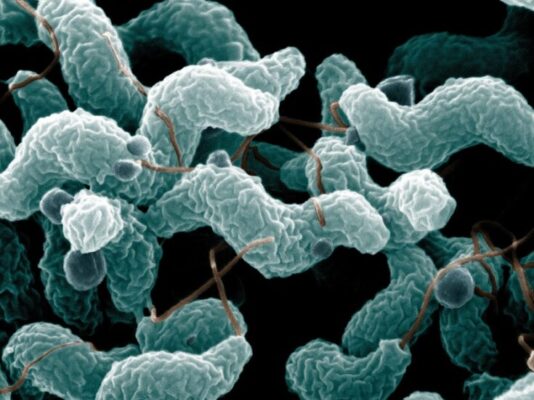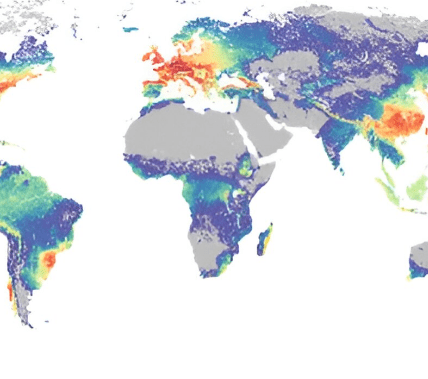- Homepage
- Science and Technology
- Exploring the Mighty Microbes: The Power and Potential of Bacteria
Exploring the Mighty Microbes: The Power and Potential of Bacteria
Unveiling the Surprising Benefits and Versatility of Earth’s Unsung Heroes
When the word “bacteria” comes to mind, it often evokes images of germs and sickness. While it’s true that some bacteria can cause illness, the vast majority of these microscopic organisms are not only harmless but also incredibly beneficial. From aiding in digestion to recycling nutrients and combating climate change, bacteria play essential roles in shaping the world around us.
The Versatility of Bacteria:
Contrary to popular belief, bacteria are incredibly versatile and can thrive in diverse environments, from the depths of the ocean to the soil beneath our feet. One of their most important roles is aiding in digestion, as species of bacteria residing in our guts help break down food and extract nutrients. Additionally, bacteria in soil play a crucial role in decomposition, breaking down dead plant and animal matter to recycle nutrients and enrich the soil.

Bacteria also have a significant impact on the environment, particularly in combating climate change. Ocean-dwelling bacteria, for example, play a vital role in gobbling up climate-warming greenhouse gases, thereby mitigating the effects of global warming. By sequestering carbon dioxide and other greenhouse gases, these bacteria help regulate Earth’s climate and maintain a delicate ecological balance.
Throughout history, humans have harnessed the power of bacteria for various purposes, from culinary delights to medical breakthroughs. Bacteria are responsible for giving cheeses and sourdough breads their distinct flavors through the process of fermentation. Moreover, certain bacteria have been utilized in the production of medicines, including antibiotics and vaccines, revolutionizing modern healthcare.
The versatility of bacteria extends far beyond culinary and medical realms, with exciting potential applications in various fields. Researchers are exploring how bacteria could be employed to clean up pollution, break down toxic substances, and remediate contaminated environments. Additionally, bacteria show promise in energy storage and production, with scientists investigating their ability to generate biofuels and capture solar energy.
Moreover, bacteria have the remarkable ability to produce super-strong materials, offering new possibilities for engineering and construction. By harnessing bacterial processes such as biomineralization, researchers can create durable and sustainable materials with applications in architecture, infrastructure, and beyond.

Bacteria in the Zombie Apocalypse:
While the idea of bacteria as allies in a zombie apocalypse may seem far-fetched, their potential role in such scenarios is not entirely unfounded. Bacteria have demonstrated remarkable resilience and adaptability, making them formidable allies in the face of environmental challenges and crises. In the event of a global catastrophe, bacteria could play a crucial role in mitigating the spread of disease, purifying water sources, and sustaining human survival.
Read More News:
- Remembering Lee Sun-kyun
- Honoring Flaco: Central Park Memorial Service Celebrates the Legacy of a Free-Spirited Owl
In conclusion, bacteria are far more than mere germs—they are powerful agents of change and innovation with the potential to shape the future of our planet. From facilitating digestion and nutrient cycling to combating climate change and driving technological advancements, bacteria are indispensable contributors to the global ecosystem. As we continue to unlock the mysteries of these mighty microbes, let us recognize and celebrate their invaluable contributions to life on Earth.




